Elijah Wood and Daniel Noah explore the heart and healing power of horror with a killer roster of genre icons in their “Visitations” podcast on Shudder.
I didn’t get it until the last episode of Visitations. Not that it took all 402 minutes, though. I skipped around. Sometimes listened to it with my complete attention. Sometimes it was just sound carpet to cushion the psychological blow of unanswered emails. Whether you can enjoyably tune in while doing menial labor is a fair stress test for any podcast.
Is it dish washer safe? Absolutely. At least that’s when the dots connected for me.
The ninth interview of Visitations belongs to Mandy director and co-writer Panos Cosmatos. Like the rest, it opens with hosts Elijah Wood and Daniel Noah briefly discussing their relationship with the subject. They also suggest, if you like tacos, to subscribe to Visitations on all the usual services. It’s not a complete non-sequitor — they start their discussion over an unseen spread of Mexican food — but a foolproof marketing ploy for almost any business or product.
When the real talking does start, Cosmatos sets the mood: “This is going to be a disaster, just so you know.”
He’s not the only guest to warn of perils unknown. Part of the Visitations package is uncommon intimacy.
More than a few of the subjects admit they don’t know what might come out of them. Some laugh about it. Others don’t. It’s understandable when the tone is this conversational and the questions this cutting. But never rude. Never unwelcome.
When musician and Kuso director Flying Lotus mentions the meditative joy of playing piano, Noah asks him to play something. The artist laughs anxiously, but Noah takes the edge off. “The fact that you’re uncomfortable is the reason why you should do it.”
I find few things more uncomfortable than holding an old project under a fresh microscope.
This one especially. Two years ago, a horror short I lost significant weight and several months over got corrupted a day from its deadline. No comedian alive has better timing than technology — salvage was out of the question. Video quality had to be crunched to within an inch of its life. Looked bad and didn’t sound much better. It was a miracle it screened at all. Then I made another one and moved on. Or tried.
Took me those two years, but I forced myself to fix it for the same reason I was afraid to — it’s about my dad.
I needed leave of at least one of my senses as I pulled stills from its unruly timeline.
That’s when I decided to check out the Panos Cosmatos talk.
Director and co-writer of the Nicholas Cage opus Mandy. Son of famed director George P. Cosmatos. Panos grew up on the sets of Rambo: First Blood Part II, Cobra, and Leviathan. He says the best conversations he ever had with his dad were about movies.
When he died in 2005, Panos was already spiraling toward a slow suicide of self-medication over the earlier death of his mom. He sought therapy, and the only way he could begin to process this loss was through writing what would eventually become Beyond the Black Rainbow, his first feature, and Mandy.
When I wrote my monster-in-the-closet movie, The Childish Thing, I knew what it was about.
Yes, the Muppet-adjacent monster I saw in my childhood night terrors. But I was also moving out of the house where I did most of my growing, where we lost dad. To paraphrase from another father-son story, he left just when I was becoming interesting.
I’d never made anything that autobiographical before. I’d never made a horror movie that capital-S Serious or tiny-s scary before, either. The childish thing cost me sleep as a kid and The Childish Thing cost me sleep as an attempted adult.
Revisiting it is like playing at a scab. Maybe you won’t scratch it. Or maybe you’ll open it up and lose an afternoon waiting for it to heal shut again.
Hearing Panos talk about losing his parents and finding his future behind a camera certainly registered.
But the rest of me was preoccupied deciding which shot of my titular Thing looked less like a fur coat. Then Daniel Noah asked him this question:
“If you had to distill the entire genre of horror to one word, what would it be?”
The filmmaker’s answer was fair:
“Jesus Christ, man. These questions.”
The hosts compared their notes with Panos’s story, which fit right in with most of the other interviews. They all reach the same conclusion about the same time.
All horror is about grief.
I stopped editing. Visitations had my full attention again.
The aesthetic should’ve given it away. The title cards for each episode, logged as another entry in the “Visitations Transmission Library,” look like late-60s psychology textbooks. All geometric patterns and faded primary colors with a charmingly mod font to match. The logo is a traffic-sign silhouette of a human head with a striped shadow spilling just outside the lines.
Visitations is as much artist-to-artist conversation as artist-to-artist therapy.
Not every interviewee has the same story, but there’s a similar hole hiding in most of them. A loved one lost, distanced, or never known at all.
Ana Lily Amirpour, writer-director of A Girl Walks Home Alone At Night and The Bad Batch, talks about being terrified of death until recent losses made her see the freedom in it. That’s how all our stories end, so why waste the good parts worrying?
At the time of the recording, Flying Lotus was still grieving the death of his good friend Mac Miller. He’s sad, naturally, but at peace because he sometimes hears his spirit wandering the halls.
Mike Flanagan, of Hill House and soon Doctor Sleep fame, wishes he believed in ghosts for that very reason and seeks them out in every haunted hotel room he can book.
Horror, at its blackest, is about facing the unknown, and that’s what called these subjects to the genre.
Every episode ends with the same tough question: What scares you?
Stillness. People. Running out of time. Death in general. Losing the ability to express yourself.
All big, ugly, human fears.
My monster was none of those things on set. Well it was tall, at least. But to me and the hapless hero fighting it, the fuzzy abomination under his bed was grief. Never knew when it might crawl out or how long until it’d crawl back in. Could he shove it back in its cardboard box, next to the vacation tapes and old report cards? Could he live with it at all?
He can, by drawing it. By making something out of it. He can, with art.
Not every story in Visitations is about a dead dad. But they’re all about coping through horror.
It’s about the lilting and beautiful piano solo that Flying Lotus plays from his uncomfortable place. I never put those words to why I love horror or why I only came to appreciate it after he died, but Visitations was the last piece in a puzzle I didn’t know I was trying to solve.
Wood and Noah often tell their subjects that these discussions, as the kind of filmmaker interviews that could well beget many filmmakers more, are for people who don’t know they need to hear them.
That was me. I cried. Thanks, Elijah and Daniel. Thanks, Panos and all the other guests. Thanks, Visitations.


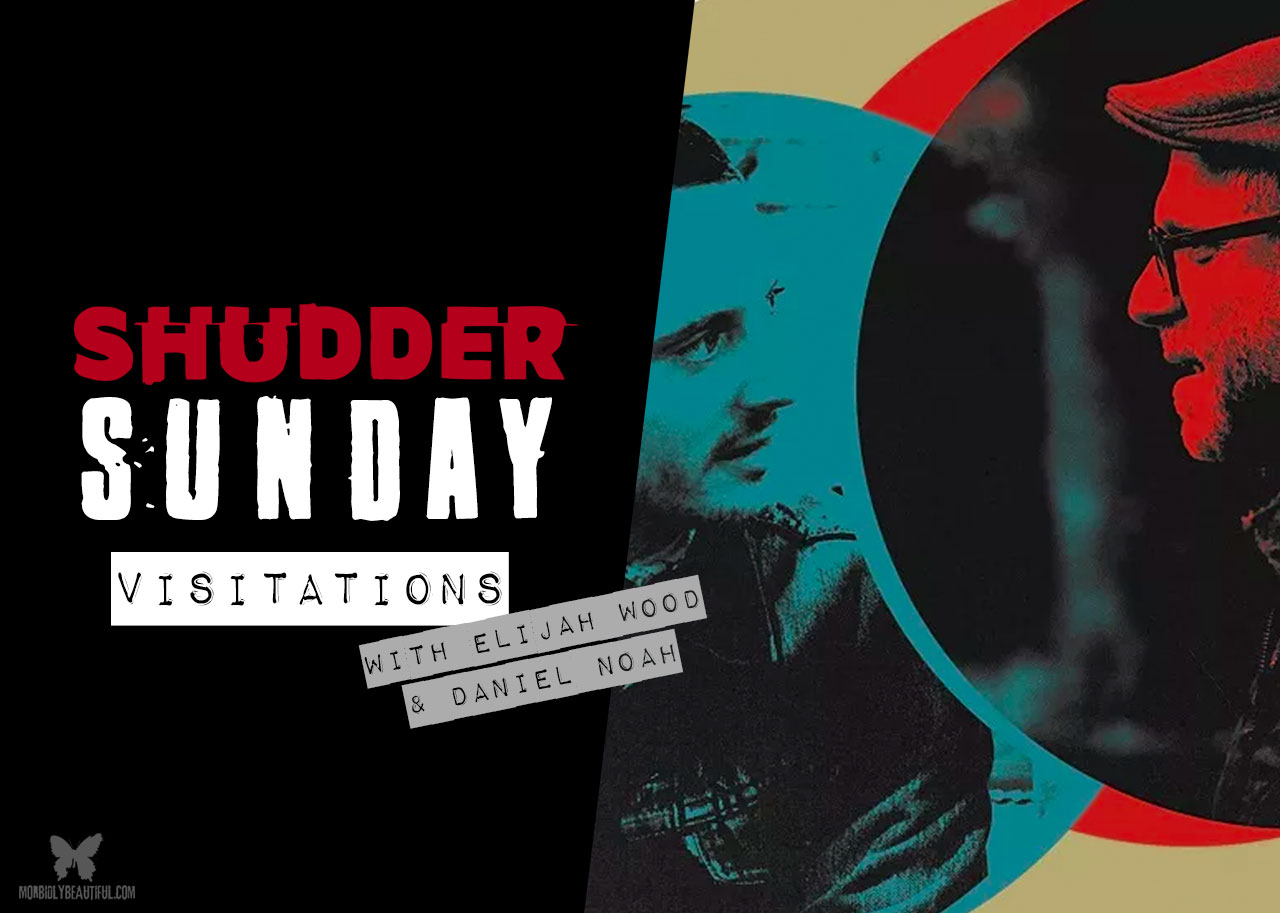
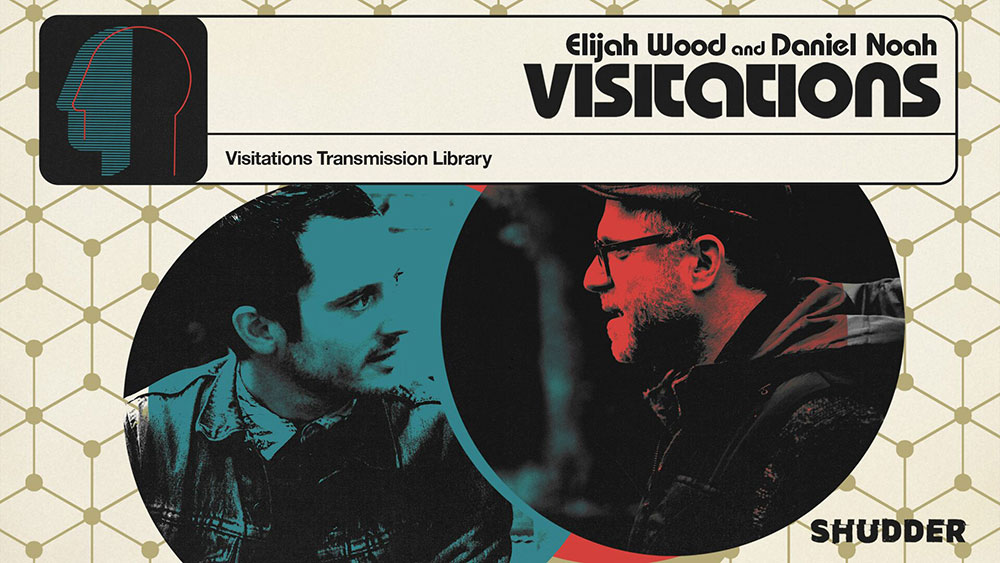

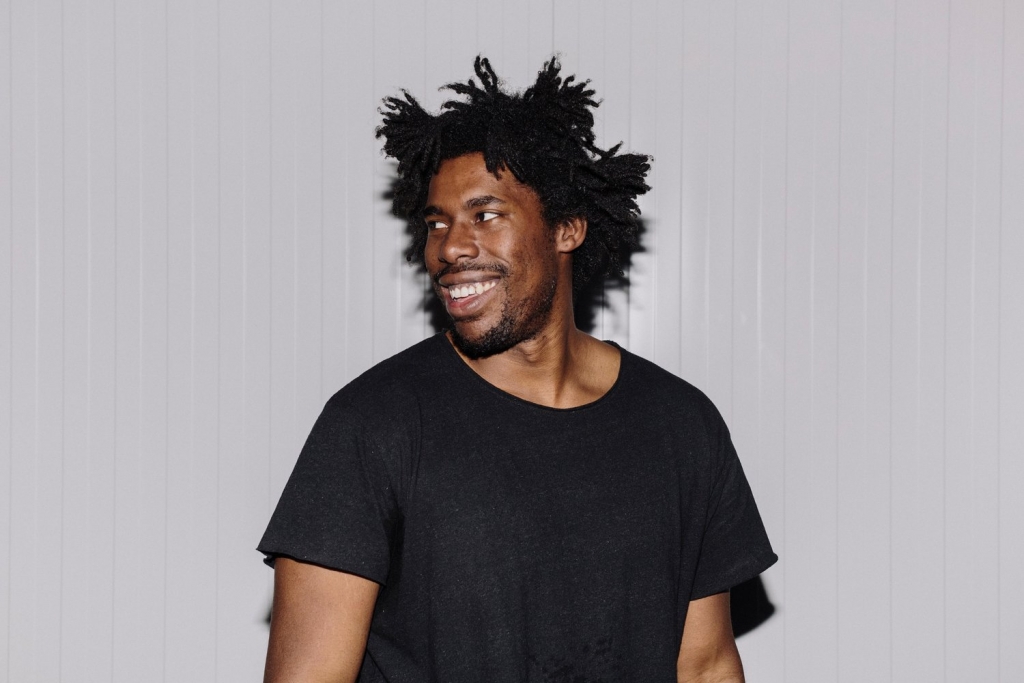
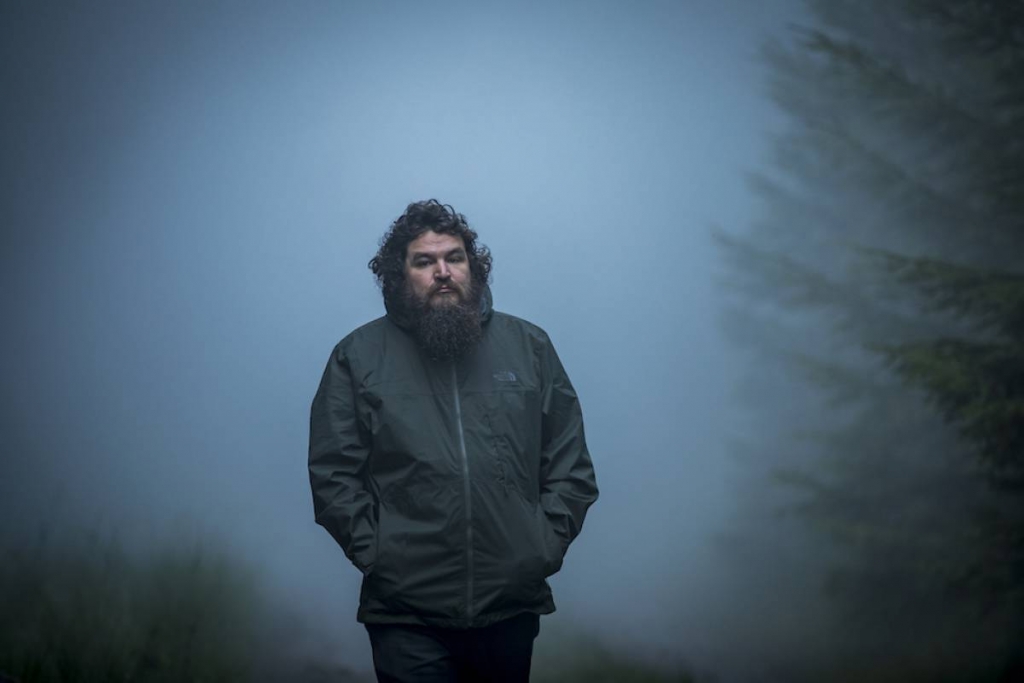
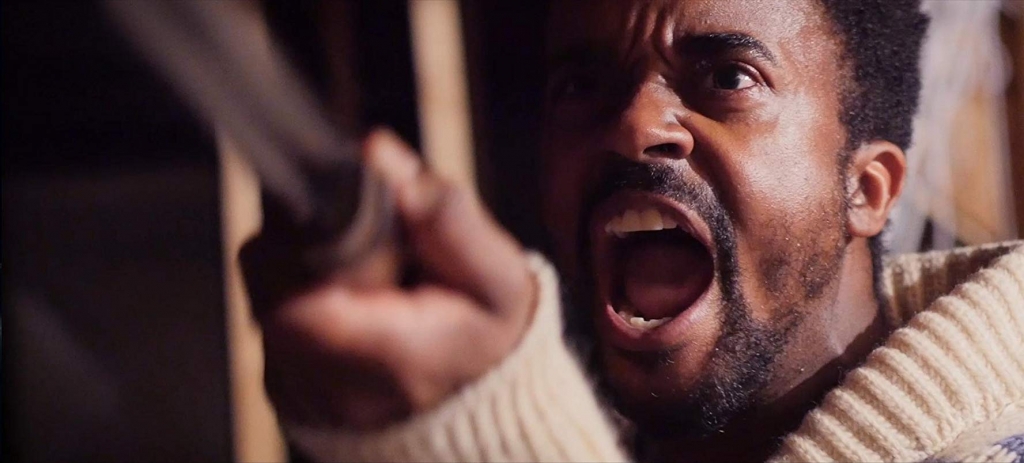
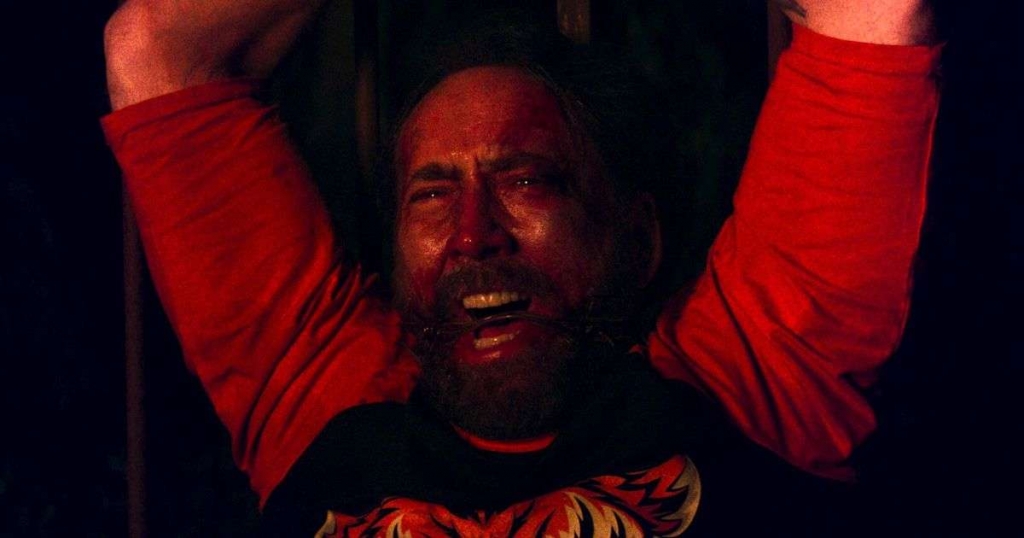
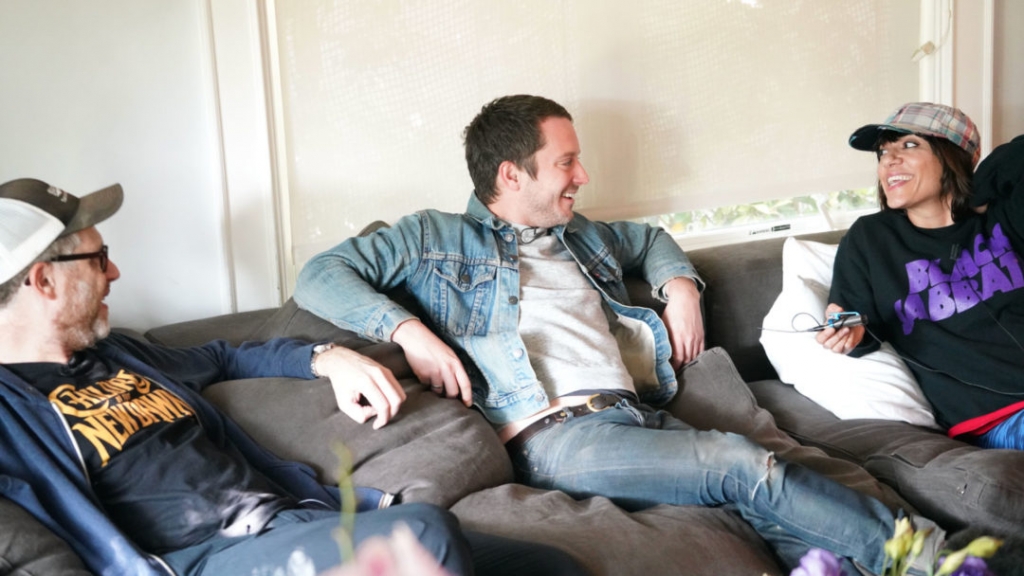

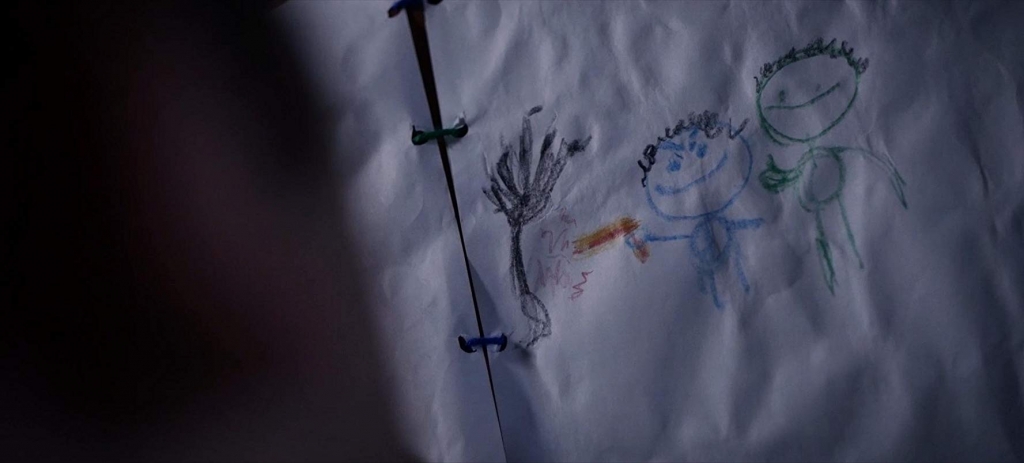
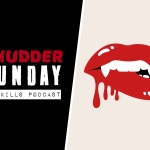





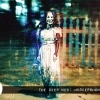
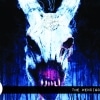
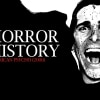
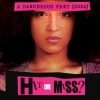

Follow Us!